By Diane Ring
We are back again this week looking at the role of misinformation and disinformation in democracy, good governance, and well-grounded decisionmaking! On Friday, we are hosting the second Roundtable in the Whistling at the Fake research project (with Dr. Costantino Grasso as PI, and funded by NATO’s Public Diplomacy Division). In our first Roundtable, we focused on disinformation in the private sector.
This Friday February 25, 2022 at 10:00am EST, the subject is Disinformation and the Public Sector.
The Roundtable includes three sessions: (1) Democracy and Disinformation – the Political Level; (2) Disinformation and Public Administration; and (3) Special Issues and Final Recommendations. The international panel includes experts from law, media, government, and civil society, along with whistleblowers. To join this exciting Roundtable session, register here!
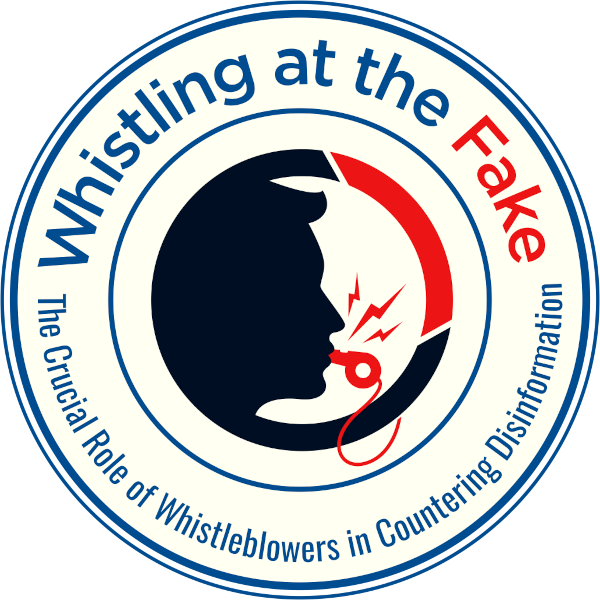

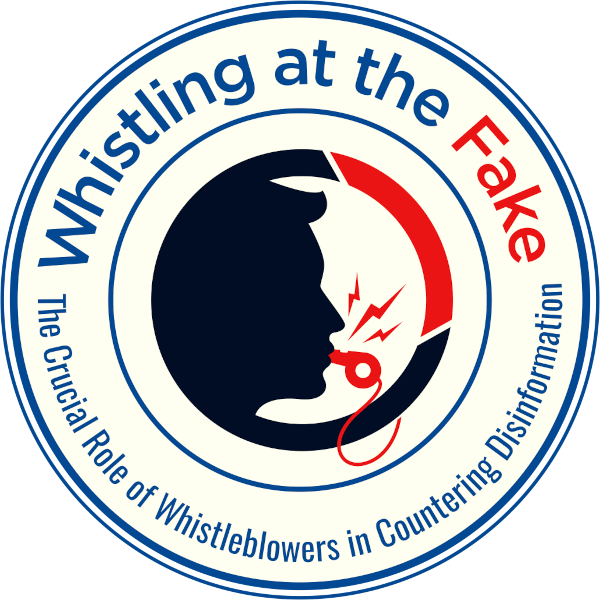

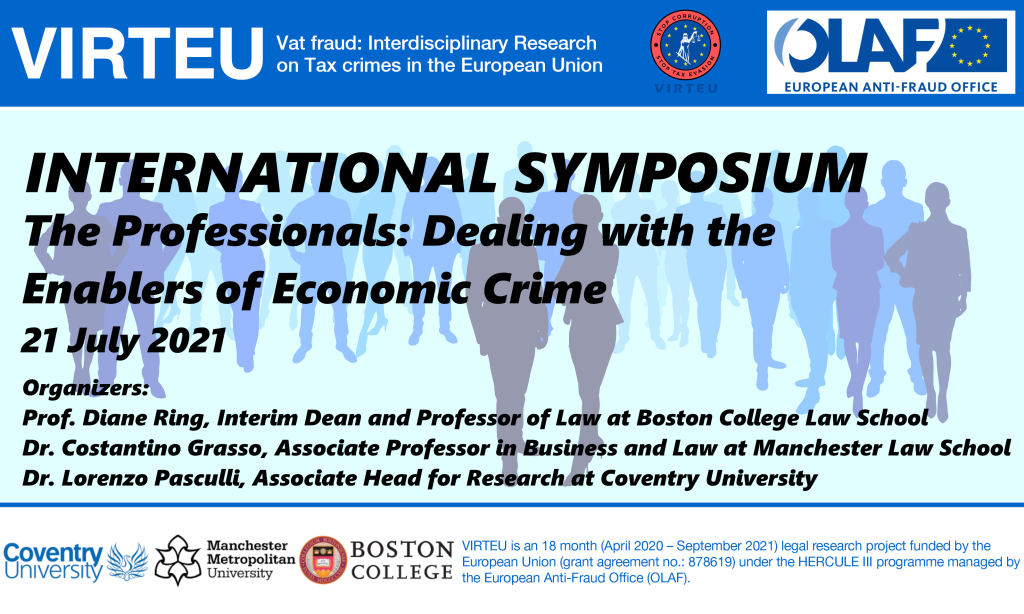

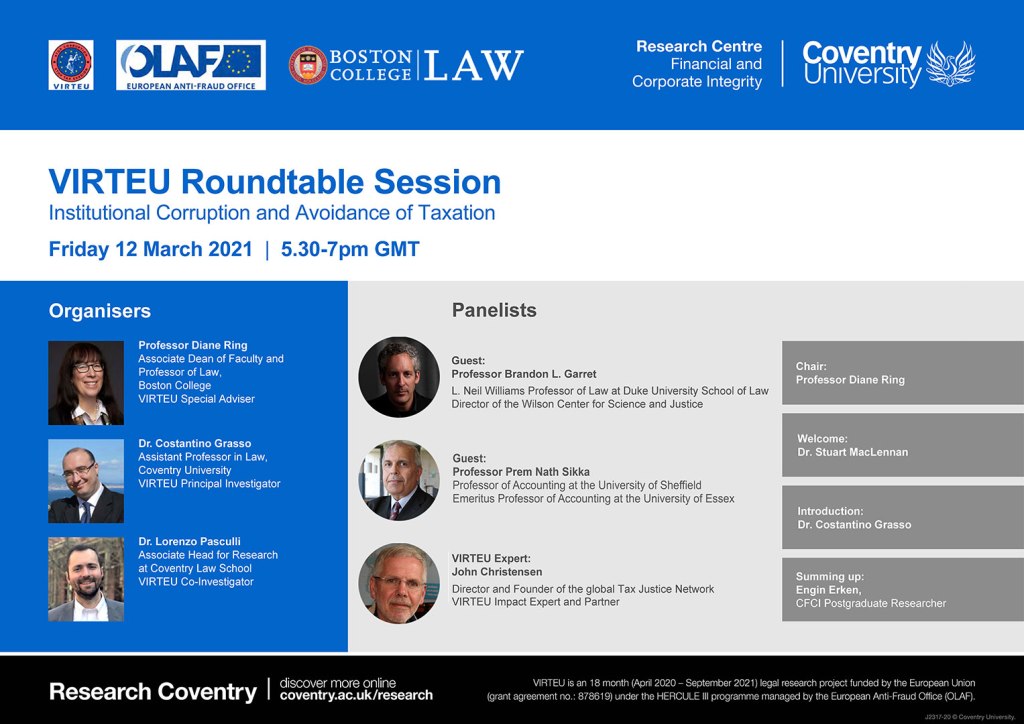
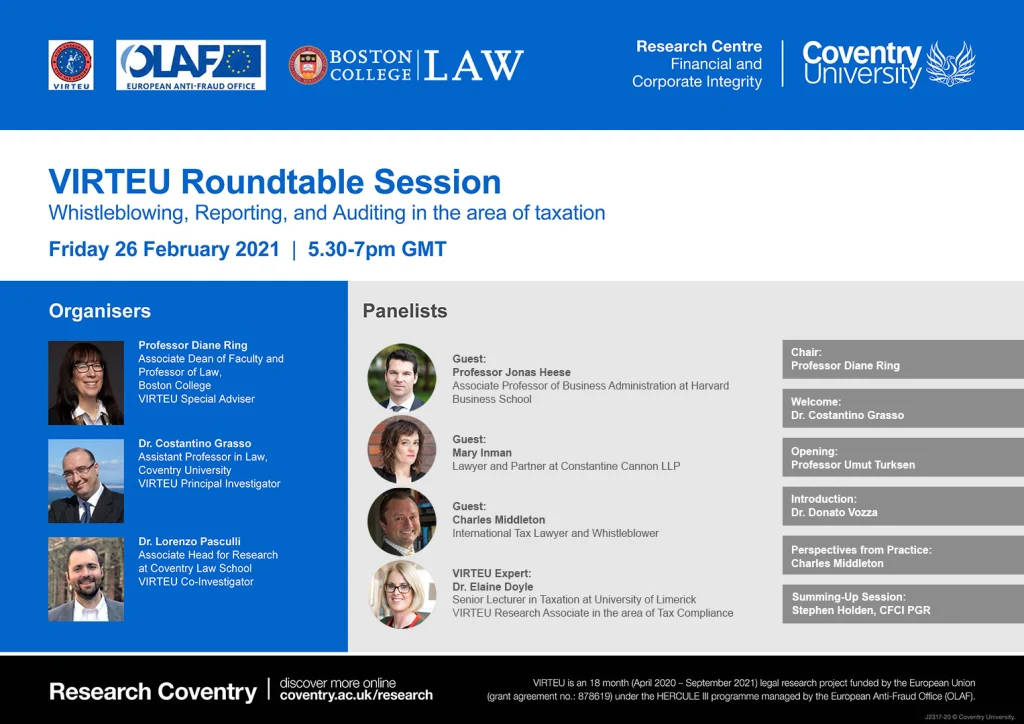





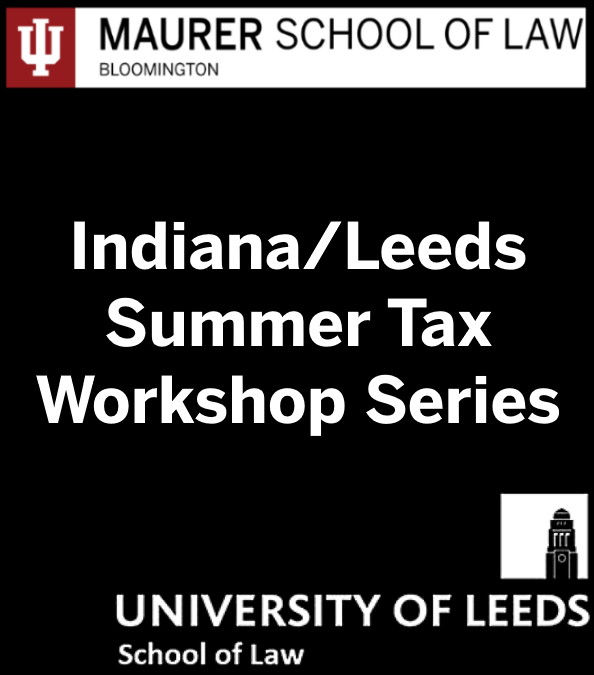 By:
By: